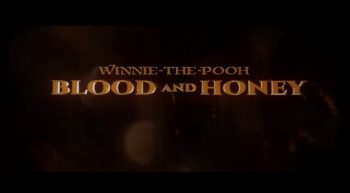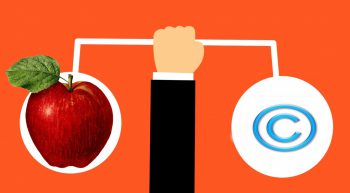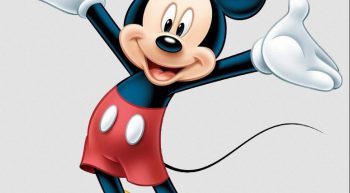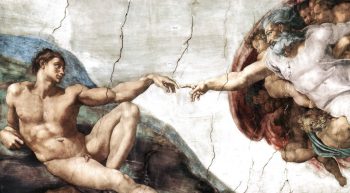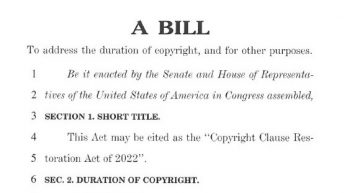Art created by artificial intelligence has been making lots of headlines lately. Among the headlines are three lawsuits filed against Stability AI by artists and companies upset that their work has been ingested and used to train the program, all without permission or compensation, including one class action. In responding to that suit, a Stability AI spokesman responded with the insult that “Anyone that believes that this isn’t fair use does not understand the technology and misunderstands the law.” Nova Southeastern University's Copyright Officer, Stephen Carlisle, J.D., stacks up the facts of the case against Stability AI with the existing case law, and finds that Stability AI is highly overstating its legal position.

